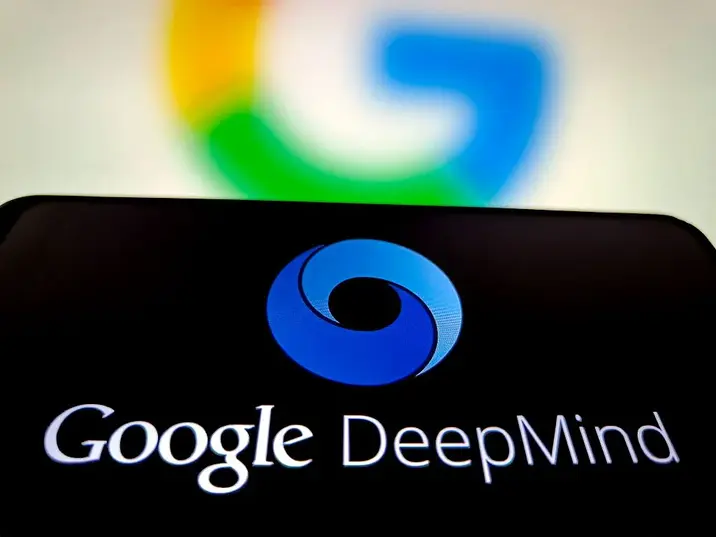T4K3.news
Google's AI coding agent Jules officially launched
Jules, powered by Gemini 2.5 Pro, is now available after a successful beta phase.
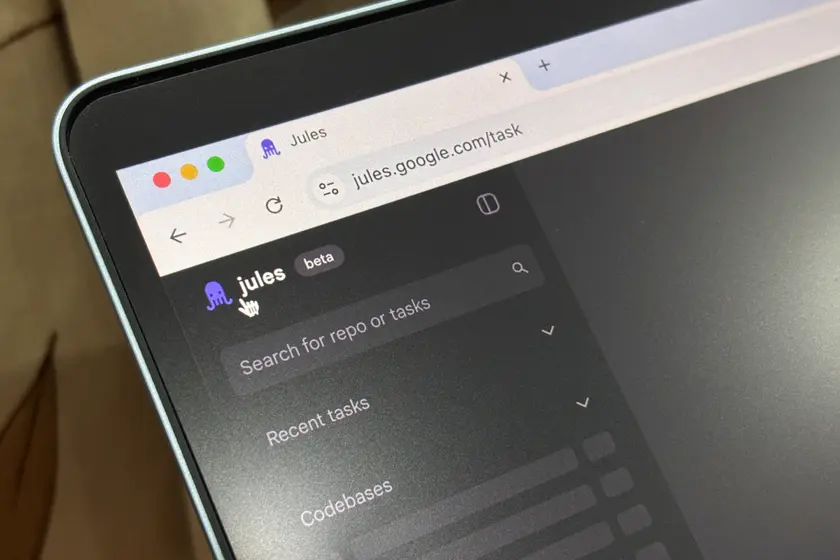
Google has officially launched its AI coding agent, Jules, moving it out of beta with new pricing and features.
Google launches AI coding agent Jules to wider audience
Google has launched its AI coding agent, Jules, from beta just over two months after its public preview. Powered by Gemini 2.5 Pro, Jules integrates with GitHub, utilizes Google Cloud, and allows developers to offload coding tasks while they focus on different aspects of their work. The tool was initially introduced as a project in December, and the beta phase provided critical user feedback that influenced its development and pricing structure. Kathy Korevec, product director at Google Labs, highlighted that Jules intends to provide long-term support for developers. The new pricing tiers start with a free plan limited to 15 daily tasks and paid options that escalate based on the number of tasks. The introduction of clearer privacy policies and additional features has also accompanied the wider rollout. During its beta, Jules received significant engagement from users, which has guided its adjustments and improvements. Jules now stands out by operating asynchronously, allowing it to complete tasks even when users are not actively monitoring the process, setting it apart from competitor tools in its space.
Key Takeaways
"The trajectory of where we’re going gives us a lot of confidence that Jules is around and going to be around for the long haul."
Kathy Korevec highlights the long-term vision for Jules after its beta phase.
"The 60-task cap helped us study how developers use Jules and gave us the information we needed to design the new packaging."
Korevec explains how beta user experiences informed Jules' pricing and product structure.
"Jules operates like an extra set of hands … you can basically kick off tasks to it and then you could close your computer and walk away."
Korevec describes the advantage of Jules' asynchronous capabilities compared to other tools.
"Since it’s a big use case that we’re seeing emerging, we’re absolutely exploring what the features are that people need on mobile a lot more."
This insight reveals Google's commitment to responding to user patterns, particularly in mobile accessibility.
The launch of Jules embodies a significant step forward in automating coding tasks, which could reshape how developers approach their projects. By allowing asynchronous execution and integrating seamlessly with GitHub, Jules not only enhances productivity but also invites a new perspective on coding collaboration. The introduction of structured pricing might spark a reassessment of value among developers, while its usage insights could lead to a more refined product in the future. As mobile access increases, it raises questions about how coding tools will evolve to fit modern use cases. The emphasis on privacy updates signals awareness of user concerns, yet the potential implications of data usage in training remain central in conversations surrounding AI tools.
Highlights
- Let AI handle coding tasks while you focus on creativity.
- Jules operates like an extra set of hands for developers.
- Programming just got easier with the launch of Jules.
- Asynchronous coding could change how we work forever.
Concerns over privacy implications in AI tools
As Google enhances its AI capabilities with Jules, the updated privacy policies reflect user feedback but still raise concerns about data usage. The balance between functionality and user security remains critical.
The adaptability of tools like Jules may redefine coding practices in an increasingly automated tech landscape.
Enjoyed this? Let your friends know!
Related News
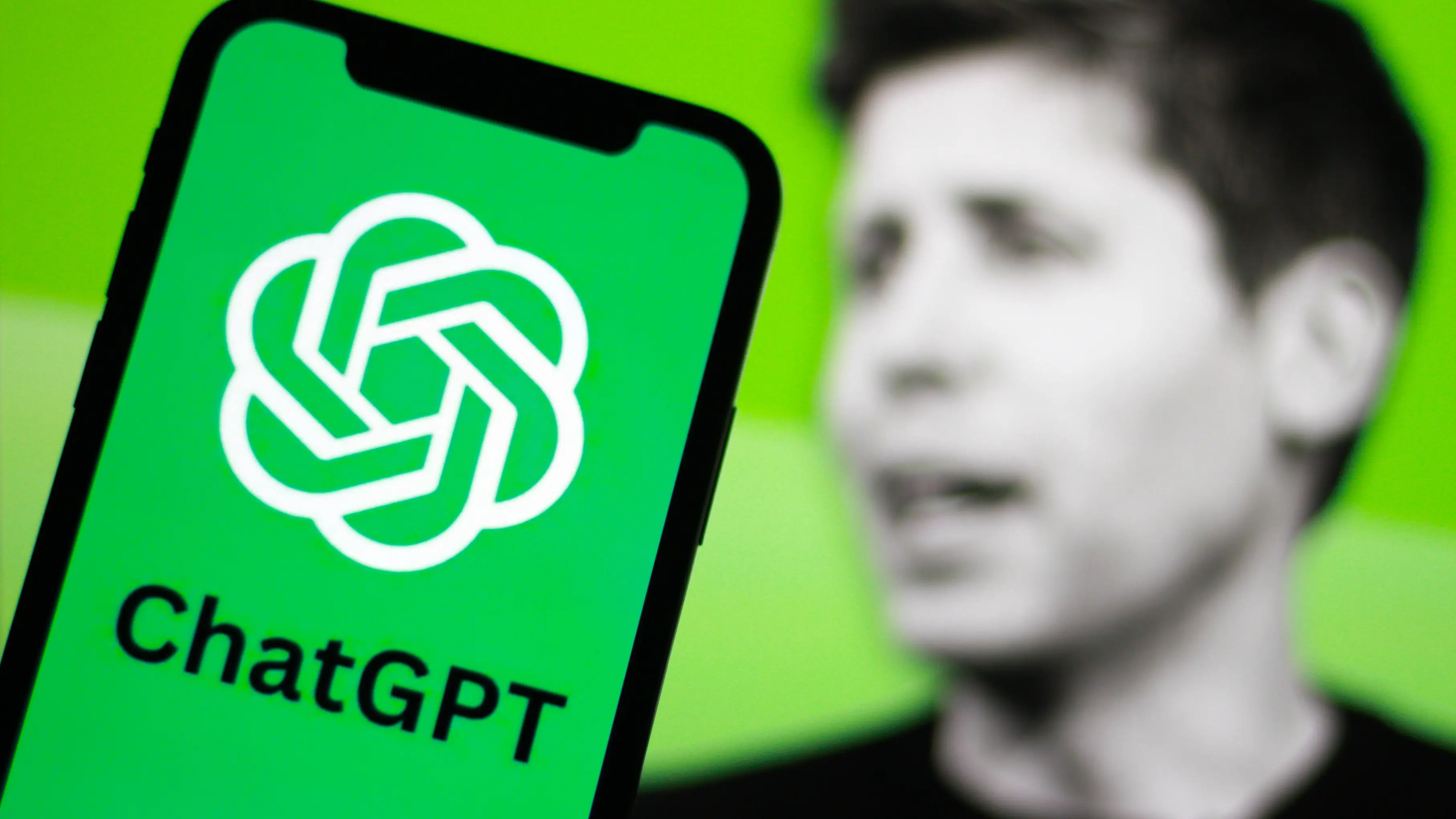
OpenAI launches GPT-5 with innovative features

Cybersecurity Weekly Recap
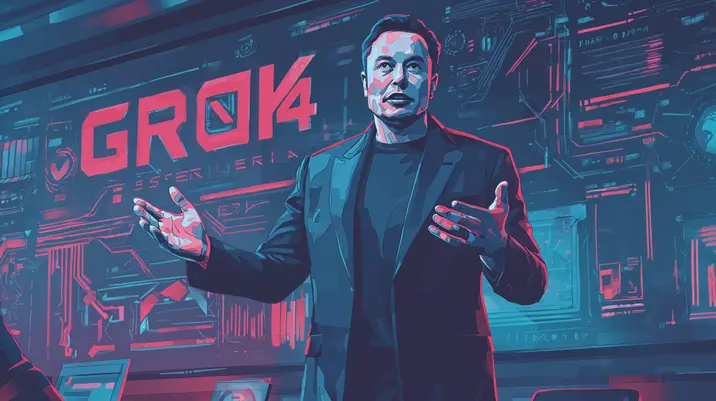
Elon Musk launches Grok 4 amid ethical concerns
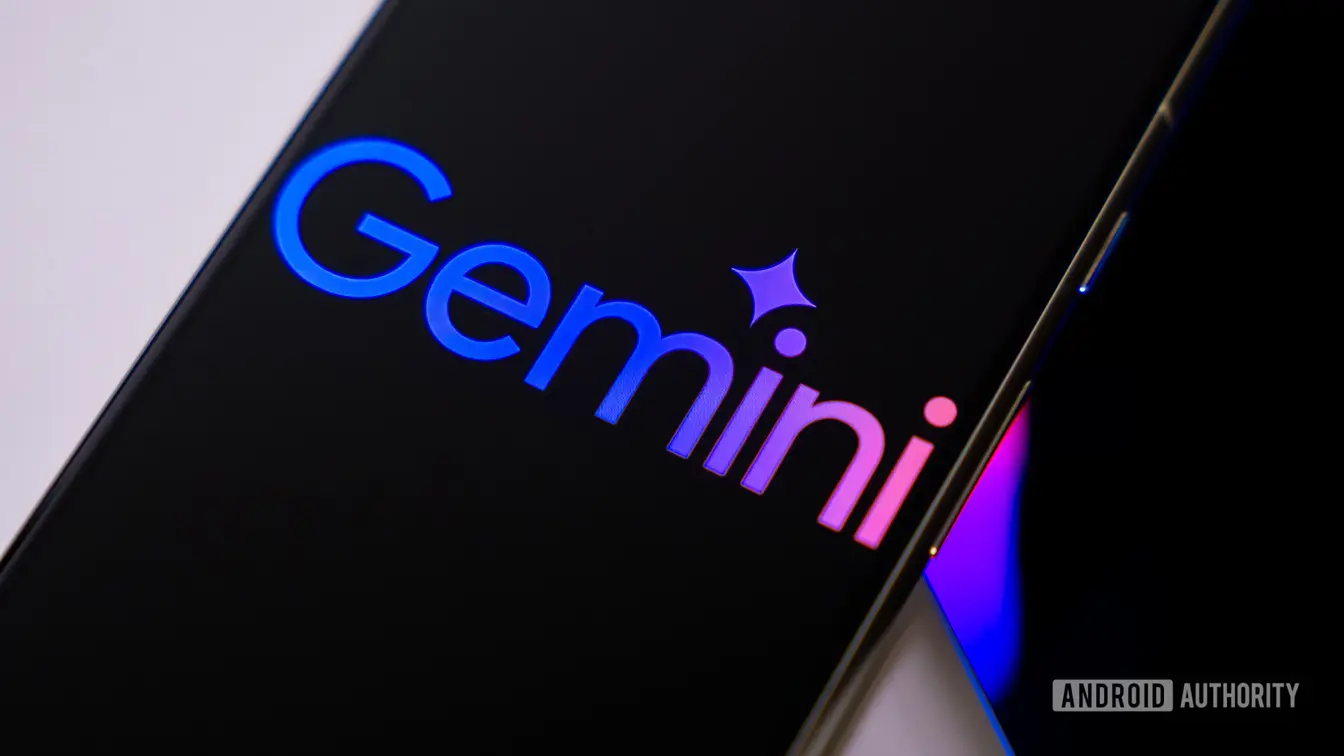
Google may launch a new AI subscription tier
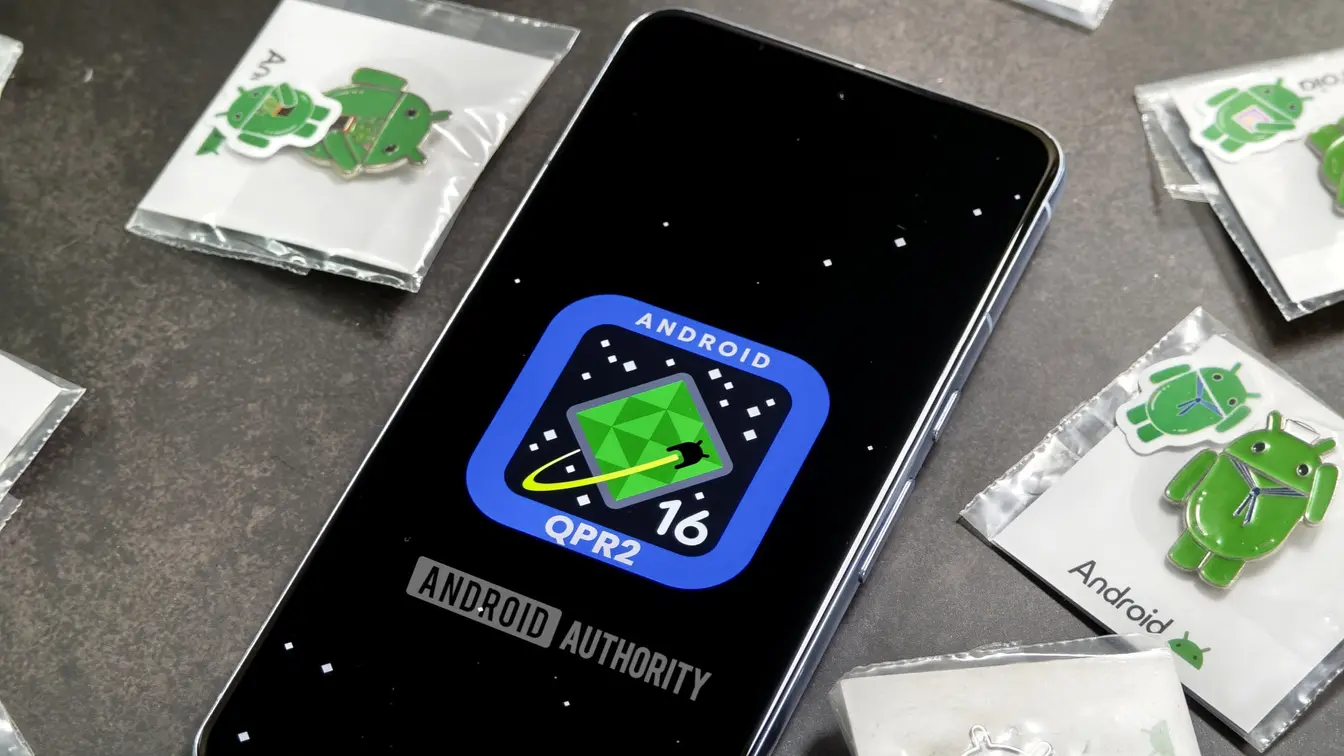
Android 16 QPR2 boosts on device AI controls

MIT study on AI pilots

Google's Firebase Studio sets new standards for IDEs

Claude for Chrome goes live for early subscribers
